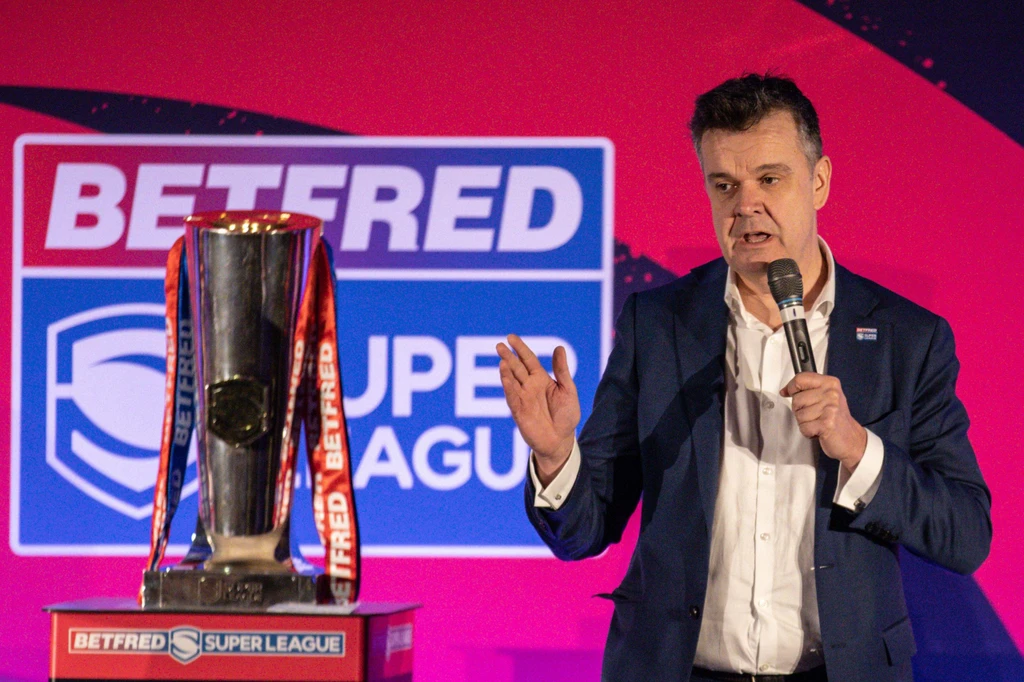UK retail betting is in decline. Can the sector take inspiration from a high street betting stalwart and Serbia’s thriving social scene to turn the channel’s luck around?
UK retail betting continued its slow long-term decline in Q3 2024 with the channel’s gross gambling yield (GGY) falling 1% to £533 million in the UK, according to UK Gambling Commission data. Entain reported a drop of 2% in retail betting revenue in the market, while Evoke observed a 9% fall in revenue across its international retail portfolio.
Meanwhile online gambling is surging in popularity due to ease of access and improving technology. The Gambling Commission reported an overall Q3 GGY of £1.32 billion (€1.6 billion/$1.7 billion), with online real event betting GGY rising by 6% year-on-year to £453 million.
In its Q3 results, Evoke said it had hired a new retail managing director in September who had identified and actioned a series of measures to improve trading in the short term. This included the rollout of over 5,000 new gaming machines from October to Q1 2025.
Why is retail betting suffering?
Betting isn’t the only industry to experience a huge shift in consumer preferences towards online, with retail struggling to attract people out of their homes and onto the high street.
David Hicks is a customer experience (CX) expert and co-founder and chairman of XM Coach, a specialist advisory that aims to drive enhanced business performance by improving their engagement with consumers.
In Hicks’ view, operators aren’t doing enough to encourage people into the retail betting environment, especially when the online experience is developing at such a rapid rate. “You’ve got to make the effort worth the while,” Hicks insists. “I think gaming is improving a bit online, and that’s why [retail] is losing.
“There isn’t the attraction, there isn’t the appeal, there isn’t any emotional reason to get me out of my chair and go in there. That’s the big issue, because it costs a lot to put a [shop] on a high street. You better work hard to encourage folks to come in.”
Hicks uses the example of the grocery store he frequents in New York, where he is routinely greeted by name and made to feel welcome by staff. So why can’t betting shops do the same? “When was the last time you went into a retail location?” Hicks questions.
“They’re not particularly welcoming places. There isn’t much to actually drag me in. There needs to be more of an emotional reason for me to actually make that decision. There’s no attempt to have somebody engage you in a conversation. No wonder the numbers are down.”
Betfred is bucking the trend in retail betting
One operator that does appear to be bucking the trend is Betfred. During its 2022-23 financial year, which ended 1 October 2023, Betfred’s retail business grew 3.5% to £577 million, with a Regulus Partners note following the results’ release in July praising the operator’s transition from a traditional land-based betting company to a “successful omnichannel business”.
According to Regulus Partners, Betfred now has the strongest revenue per shop of any major operator, other than Flutter and its Paddy Power brand, which reported a 9% uptick in retail revenue including gaming (up 8% for sports) in Q3.
While many operators are shifting their focus towards the surging online sector, retail betting is in Betfred’s blood, with founder Fred Done opening his first betting shop in Salford in 1967. Betfred now also has a flourishing online business, but the company’s head of media Mark Pearson says its retail roots mean it won’t neglect its brick-and-mortar offering.
When asked why Betfred is growing where some of its competitors aren’t, Pearson tells iGB the operator’s driving factor for success is “still believing in Britain’s high streets”.
“We’re still up for it. We still think the betting shop is a very, very important part of people’s communities. And obviously we’re still owned by Fred (Done) and retail is very much in his blood. He’s still in [the office] most days discussing how we can improve the retail offering,” says Pearson.
A balance between entertainment and community
Pearson says Betfred takes pride in its staff engaging with customers and staff training is key to differentiating its shops from others. “We’ve got some excellent staff who have worked for us for a long time,” he explains.
“They get to know the customers, they get to know their names, little details about them. We get to know what football team they support. When they’re coming into the shops, we have a chat with them, make them feel welcome.”
Making the betting experience personal is at the core of Betfred’s strategy, with the company keen to distance itself from being a “faceless operator”, says Pearson.
“We’re not corporate and [when you use one of our shops], you’re having a bet with Fred. He’s been in the game for a long time, but he’s still up for that battle with a punter.”
Although it operates over 1,300 shops across the UK, Pearson believes the company’s principles remain the same as when the first shop opened in 1967. “Good customer service and trying to offer value that others don’t,” is the company’s ethos.
Balkans setting an example
Despite retail betting’s decline in the UK, the channel is flourishing in other jurisdictions. One such region is the Balkans, where the split between online and retail is around 50/50 according to Lazar Miucin, former managing director of MaxBet, the Serbian operator acquired by Flutter in 2023.
The community aspect is key in the Balkans, where retail operators look to tap into the “social moments” betting shops can provide. While Hicks describes UK betting shops as unwelcoming, retail venues in the Balkans offer food and alcohol, while players can smoke and watch sports.
Miucin regularly meets friends for a morning coffee in a betting shop and that comfort is why he believes retail is flourishing in the Balkans compared to the “sterile environment” he observes in shops elsewhere.

“When you come to a Balkan betting shop, it’s like you’re in Las Vegas,” Miucin explains. “You have extremely comfortable chairs, you have many choices for drinks, you have many choices to eat. That’s what creates the difference.”
Miucin concedes however there are some differences between the Balkans and other markets, such as regulations around smoking inside and anti-money laundering (AML) laws. But he feels other regions could learn a lot from the Balkans on how to attract customers back into shops.
“The key is to create more social events for people. They want a better experience than they have now. More welcoming, more socialised, more accepted, more entertainment for them inside the shop,” he notes.
Comfort and connection
Hicks is confident the channel could return to growth despite the allure of online betting and the constantly improving customer experience. “It won’t take a lot to actually try some of the proven techniques from the retail sector in gaming,” Hicks says.
“[We could make] retail betting a welcoming environment and actually put the effort into the experience [by] bumping up training for staff. Why don’t we try giving [players] a comfortable space, coffee, sandwiches? I think we’re getting to that inflection point.”
Ultimately, to revitalise retail betting operators will have to provide bettors with an experience they can’t have online, to justify the effort of leaving home to bettors by providing something online just can’t replicate. Evoke expects to improve customer experience by updating and modernising the self-service betting terminals (SSBTs) in their shops.
“That is going to have a material impact when it comes to our opportunity here and commitment to close the gap versus competition,” Evoke CEO Per Widerström said during the company’s Q2 earnings call.
“If we look at the current gaming machines we have, that has a gross [revenue] per machine per week of £750, where we look at where the market is and also where we expect to be, [that is] about £1,000 per week.”
Betfred’s continued success and focus on its retail estate proves it can be done in the UK by providing punters with an entertaining shop experience. By innovating and creating an emotional connection with players, as referenced by Hicks, in-person betting can remain a vital part of the gambling landscape, despite the unavoidable decline of the high street.



